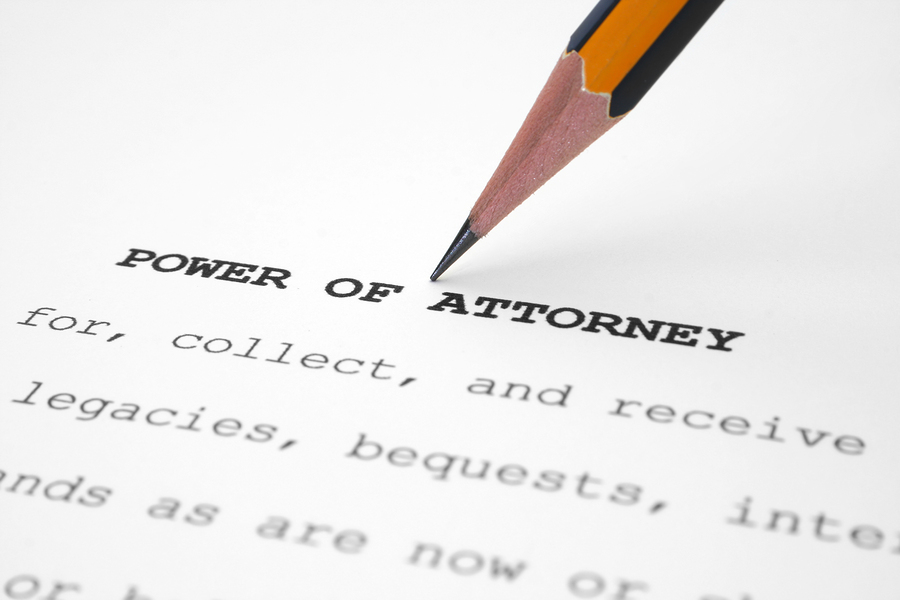
If you care for a loved one with diminished mental capacity, including a dementia or Alzheimer’s diagnosis, don’t wait until it’s too late for them to execute a durable power of attorney.
Otherwise, you’ll be headed to court.
What is a Durable Power of Attorney?
A durable power of attorney is a powerful document that allows an agent (the person given the power of attorney) to act on behalf of the principal (the person signing the power of attorney).
It’s called “durable” because it is effective even after the person can’t legally make decisions for themselves, and it remains effective until it is revoked by the principal (but only if they still have the mental capacity to do so) or until the principal dies.
With a validly executed durable power of attorney, you’ll be able to step into the shoes of your loved one and, among many other things:
- Handle their finances;
- Apply for government benefits;
- Engage in estate and long term care planning to qualify them for long term care benefits;
- Manage property; and
- Communicate with insurers.
The best case scenario is for them to execute a durable power of attorney before any cognitive decline. But, even if your loved one is cognitively impaired, they can still execute one if they understand:
- What they are signing and its effect;
- To whom they are giving the power of attorney; and
- What property is affected by the power of attorney.
If they don’t understand each of these, then they can’t execute the power of attorney. And that’s a big problem.
What happens if your loved one lacks the mental capacity to execute a durable power of attorney?
Unfortunately, you’ll have to go to court and apply for a guardianship. This means court costs and attorney’s fees, as well as the time it takes for the court to receive evidence and rule on the application. And once the guardian is appointed, the court will have continuing oversight over the guardianship.
In addition to the time and expense, a guardianship takes the power out of your loved one’s hands. If they validly execute a durable power of attorney, they can choose who serves as the agent, otherwise, a judge will decide.
So, don’t wait until its too late. And it might be a good idea for you to execute a durable power of attorney for yourself as well.

